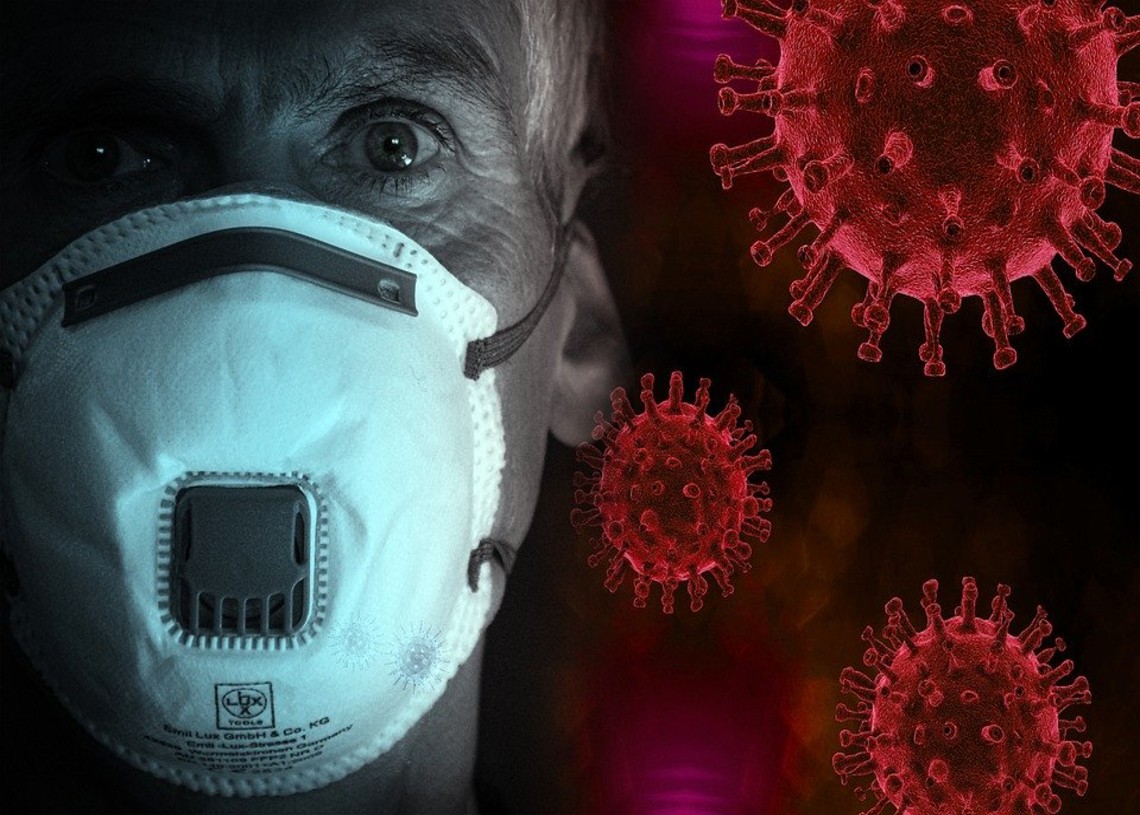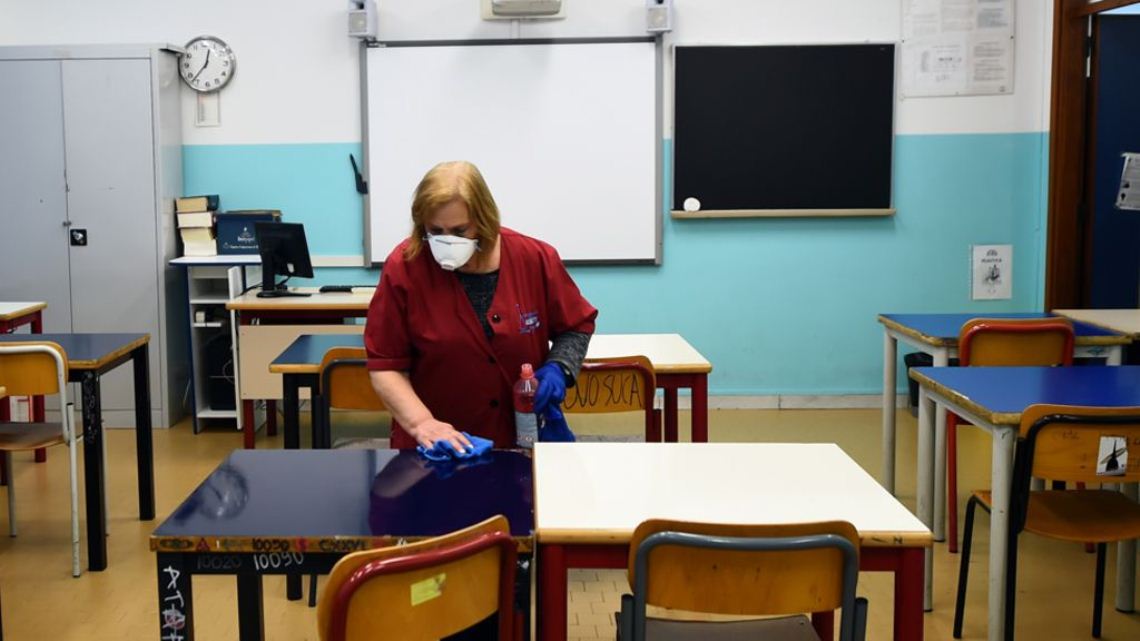An increase in the number of patients who had recovered from coronavirus getting reinfected again in South Korea is as a result of false positives.
South Korea has been lauded for its impressive work in containing the coronavirus. The country has recorded only 10,810, with 256 succumbing to the virus. The country also recorded over 9,400 people recovering from the coronavirus.
However, reports last month showed that the recovered patients were getting reinfected with the virus, a finding that sent the world into a frenzy. These reports meant that the disease would keep on multiplying even to people who had been infected earlier. Countries such as Sweden, which decided to take a herd immunity route were also shocked by these results because it would have meant citizens who had already gotten the virus were not protected from getting it again.
South Korea’s false positive research
South Korea, to date, has recorded 350 cases of people who had the virus, got better, and were reinfected again. With no other explanation available, last month the Korean Center for Disease Control and Prevention (KCDC) pointed out to possible reinfection of these victims.
Now after weeks of studying these cases of people who had been reinfected, the KCDC has announced that it was as a result of false positives. They said the people who had recovered from the disease had no chance of contracting it again.
Results explanation
South Korea’s usage of reverse transcription polymerase chain reaction (RT-PCR) to test the virus may have contributed to coronavirus false positives. The RT-PCR method uses virus DNA to determine if a person is infected. Therefore, the test is more effective, more accurate, and is able to detect even low volume presence of the virus DNA in the body.
KCDC indicated that tests done by RT-PCR showed positive cases for these patients because the machine itself cannot be able to determine whether the virus is an infectious viral particle or otherwise. The result of this is even the residue of the virus left in the body produced positive cases for already recovered patients.
The test also returned false positives for dead coronavirus cells in the body, giving the impression that the person got reinfected. The theory that these patients tests were false positives, however, has not been fully researched on, and the South Korean scientists have indicated they will continue carrying out more tests to be sure.
Featured image by Pixabay







